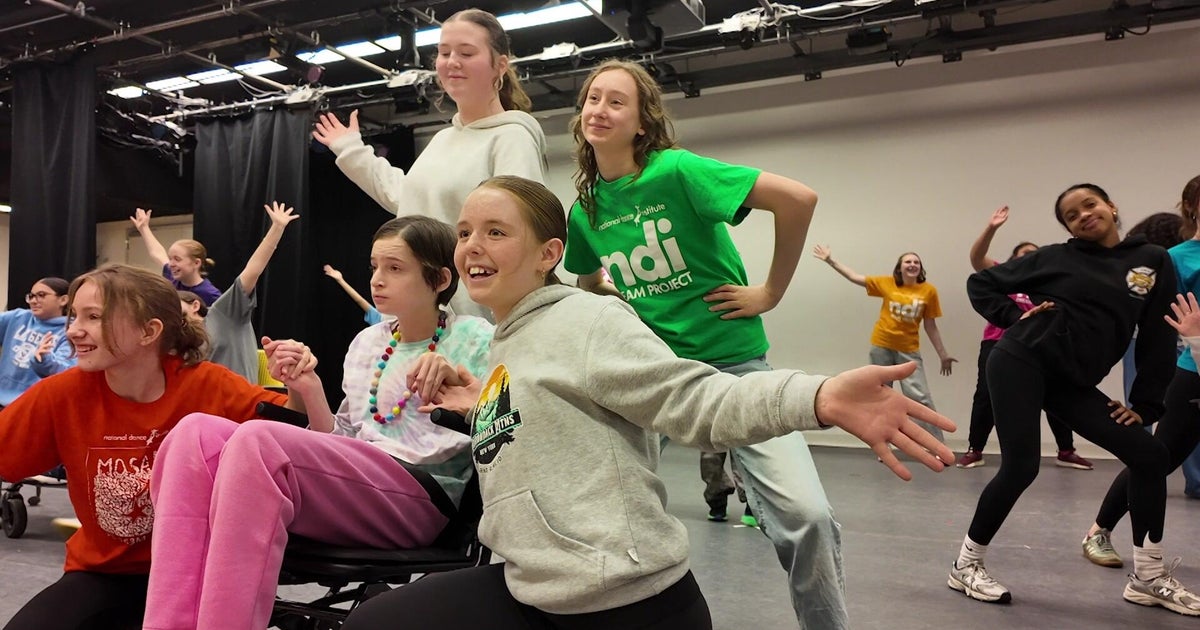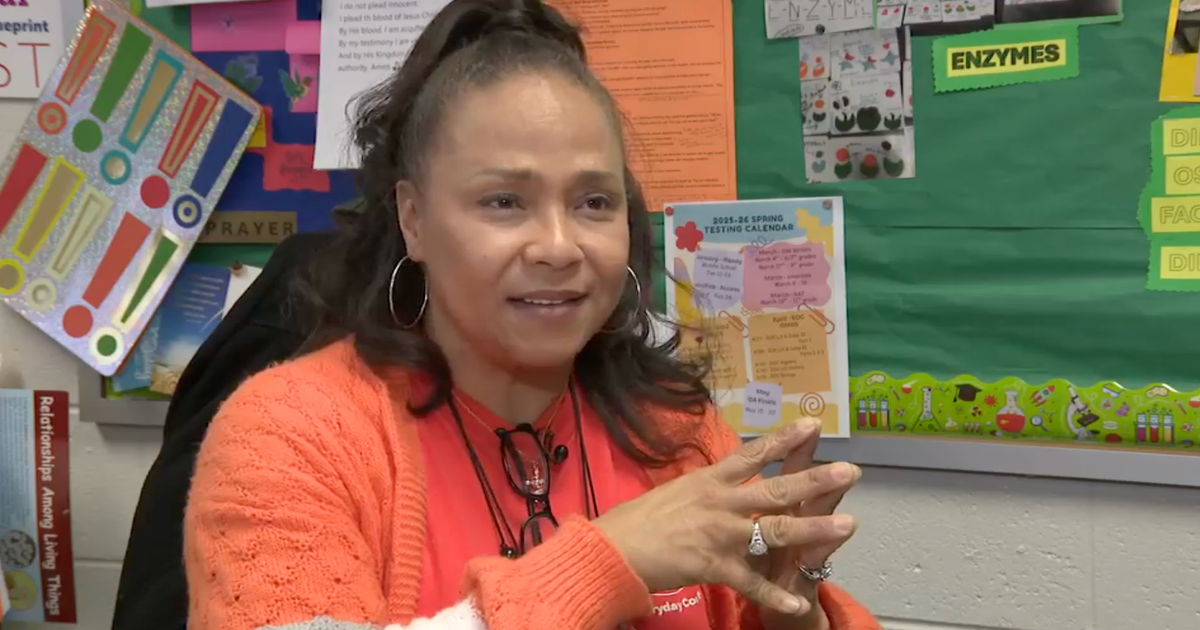How To Help Your Kids Choose The Best Extra-Curricular Activities
It’s no secret that kids today are under an astonishing amount of pressure. Razor-sharp deadlines and workloads once reserved for first-year law students or medical interns are now standard for middle schoolers who are simply striving to get good grades, yet also still be kids.
For many, college does not seem far off and the pressure to compile a college-worthy resume compounds their daily stress. While it is important for tweens to begin participating in activities that get college admissions officers to sit up and take notice, it is equally important that they spend time enjoying the ride and choose extra-curricular activities that enhance character as well as their quality of life.
Each child is an individual and, with parental guidance, should choose their after-school activities based on personal preferences and goals. Remembering there are only 24 hours in a day, even for goal-driven middle-schoolers, here is a short list of potential after-school activities that may help them to learn about life and themselves, as well as get them college ready in all too short a time.
Volunteer – Animal shelters, nursing homes and other non-profit organizations not only need community support in order to thrive, they also supply kids with an opportunity to help others while learning compassion and selflessness. When choosing a volunteer venue, your child’s interests are paramount.
If your child is a natural-born animal lover, volunteering at a cruelty-free animal adoption center in your local area may be a perfect fit. Look for centers that will supply your child with letters of recommendation for colleges later on. Well-known and respected centers such as the MaxFund Animal Adoption Center in Denver or the Sean Casey Animal Rescue in New York may be able to help you find a place in your own area.
If your child enjoys the company of older adults, volunteering at elder-care facilities or with organizations like Bessie’s Hope, which give children the opportunity to connect with elders in a mutually supportive, meaningful way, might provide a great opportunity.
If instead your child loves working with younger kids, consider having them read aloud to young children at the local library or rec center.
If you have a budding medical professional on your hands, consider having your child reach out to a non-profit such as the American Cancer Society, which has branches nationwide.
Volunteering does not have to be a long-term or daily commitment. Many organizations look for school-aged children who can volunteer their time for specific events, such as walks, runs or bake sales. Let your child do a search of local non-profits, including zoos, aquariums and local parks. Let them pick out the ones they would most like to volunteer at and help them determine how to go about procuring the position. Many volunteer jobs require resumes and interviews. Applying for these positions will help your child acquire skills they can use later on.
Join a Club – Being part of a group not only connects kids to other kids, it can also give them a sense of a higher purpose and shared goal. Clubs are often based on shared interests and activities with a focus on bringing kids of varying backgrounds together. Look for local clubs through the school or library. National clubs are also a great option. Boys and Girls Clubs of America have branches all across the United States and are geared towards providing leadership, life skills, art programs, athletic outlets, plus other localized initiatives.
Join a Community – Joining a local Boy Scouts or Girls Scouts troop can provide your child with a deep sense of community and give them the opportunity to acquire skills such as cooking, camping and sports. Another great option are 4-H Clubs with a stated mission of helping children discover their potential through a program that focuses on "The Head, Heart, Hands and Health."
Get a Job – Check to see if your state requires working papers for your child’s age group. Jobs like babysitting, snow shoveling, dog walking or raking leaves create great opportunities to learn about responsibility, work ethic and the value of money.
Pick a Sport – Some kids take to this effortlessly and others find it to be a tremendous challenge. With childhood obesity at an all-time high, it’s no secret that our bodies need to move more than they currently do. Sports and physical activity help kids learn how to keep their bodies and brains in sync. Some children will benefit from team activities, like soccer or baseball, which can help them learn how to lose gracefully as well as how to win well. Others will find themselves thriving on solo skiing, running or power walking, which can teach perseverance and goal-setting. All kids will benefit from spending time challenging their physical selves and trying out new forms of movement.
Explore the Arts – Museums are like foreign countries: interesting, fascinating and multi-faceted. A trip to a museum can take on the tone of a mini-vacation and provide not only a learning opportunity for kids but also a chance to expand their cultural and artistic horizons as well as support their understanding of history, technology and art. Consider planning a once-a-week, after-school outing for your child or for a group of children to partake in, focusing on one specific exhibit or museum wing at a time.
Corey Whelan is a freelance writer in New York. Her work can be found at Examiner.com.







